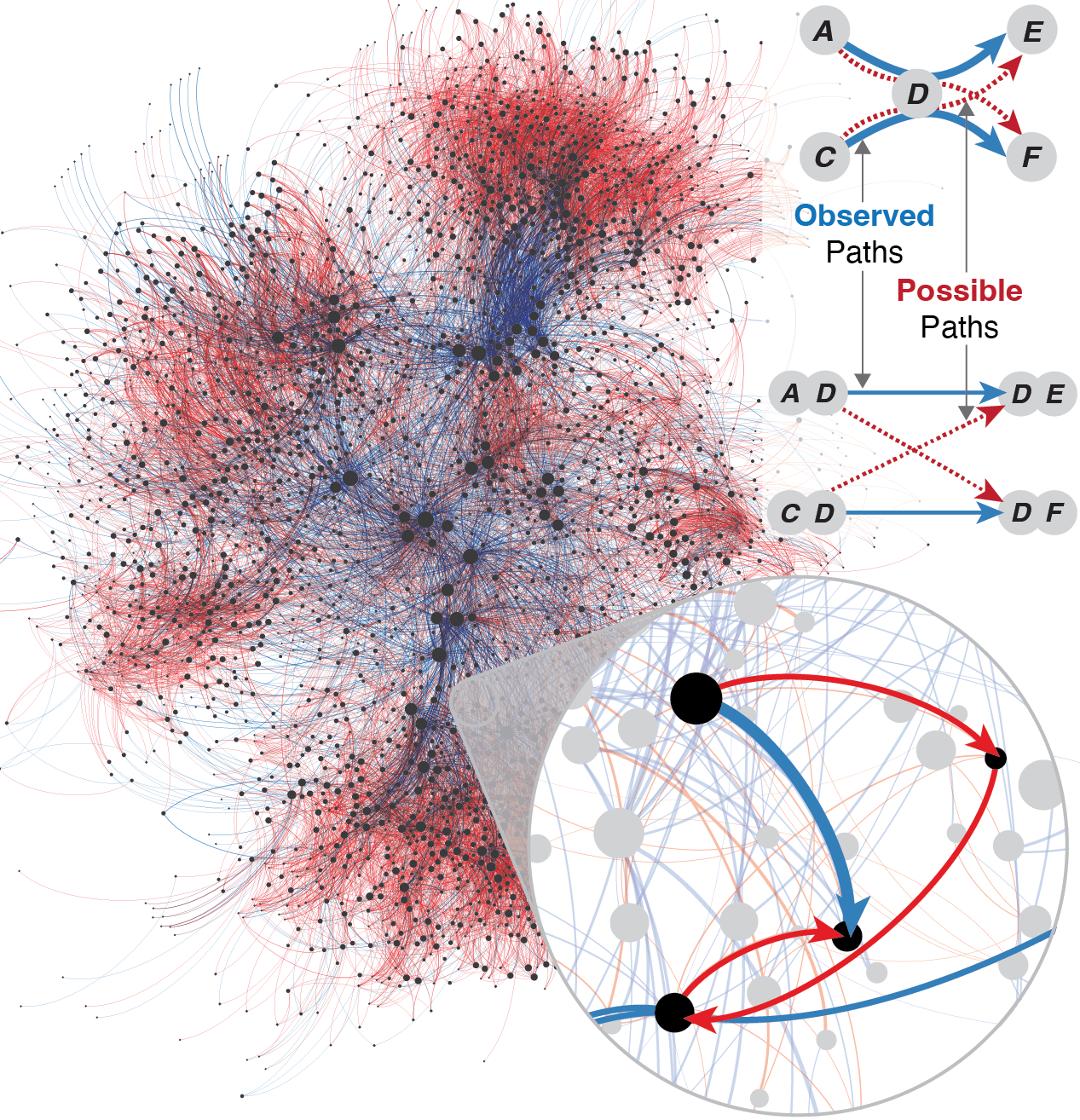See our blog post on this research.
Abstract
Supply chain disruptions may cause shortages of essential goods, affecting millions of individuals. We propose a perspective to address this problem via reroute flexibility. This is the ability to substitute and reroute products along existing pathways, hence without requiring the creation of new connections. To showcase the potential of this approach, we examine the US opioid distribution system. We reconstruct over 40 billion distribution routes and quantify the effectiveness of reroute flexibility in mitigating shortages. We demonstrate that flexibility (i) reduces the severity of shortages and (ii) delays the time until they become critical. Moreover, our findings reveal that while increased flexibility alleviates shortages, it comes at the cost of increased complexity: We demonstrate that reroute flexibility increases alternative path usage and slows down the distribution system. Our method enhances decision-makers’ ability to manage the resilience of supply chains.
